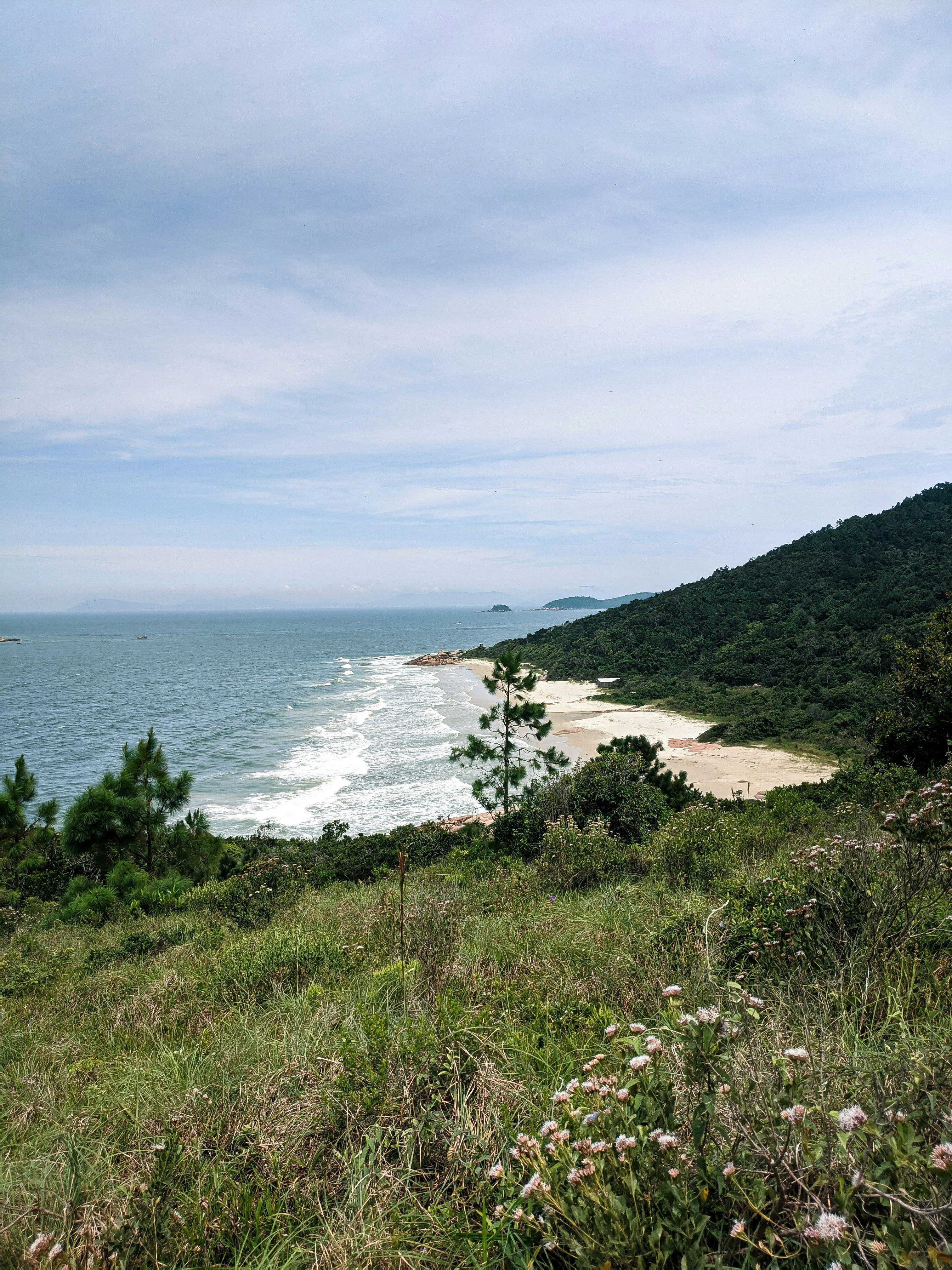Defying the Pause, Russia Reacts Aggressively on Ukraine After Truce
Russia initiates offensive operations against Ukraine following truce agreement
Taking a bold stand, Russia rekindles hostilities against Ukraine after a brief three-day truce, prompting air alerts and intensified drone attacks across Kyiv and other regions such as Odessa, Kharkiv, and Dnipro. As of now, no reports of damages have surfaced. The capital's Mayor, Vitali Klitschko, urges citizens to seek shelter in bunkers.
The Kremlin-declared ceasefire, initiated to honor the conclusion of World War II, concluded at midnight (23:00 CEST). President Volodymyr Zelenskyy, along with major European allies, had urged for a 30-day ceasefire commencing on Monday, an appeal that Russia has yet to endorse.
The West's Invigorated Pressure on Russia
Western supporters of Ukraine have warned of new sanctions should Russia shun the proposed ceasefire. Unfazed, the Kremlin affirms its unwillingness to succumb to pressure, citing their firm conviction that Russia will not be coerced.
Negotiations on the Horizon?
In response to the refusal of a general ceasefire, Putin has suggested direct negotiations with Ukraine regarding the conflict resolution. Istanbul has been proposed as the location for these anticipated discussions on the upcoming Thursday, with negotiations set to resume from the 2022 stalemate. As of now, no official response from Kyiv has been registered.
Europe's Steadfast Call for Peace
Putin has expressed readiness to negotiate the resolution of the conflict without preconditions. He claims, "The initiative now lies with the Ukrainians and their patrons," referring to the EU and the US. "Those who genuinely seek peace cannot but support this," he added, implying that Ukraine and its allies must initiate the peace process.
Meanwhile, Ukraine, together with its Western allies, persists in demanding an immediate ceasefire to instigate peaceful negotiations, whereas Russia seeks to halt the fighting only upon the resolution of the conflict through negotiations.
- Ukraine
- Russia
Insights
The latest developments in the ongoing standoff between Russia and Ukraine showcase key dynamics:
- Putin continues to insist on Ukraine's capitulation as a precondition for any peaceful solution, stemming from his adherence to the early 2022 Istanbul protocols that practically demand Ukrainian surrender[1].
- Despite this stance, Putin has agreed to resume bilateral negotiations with Ukraine, demarcated to take place in Turkey on May 15, 2025[1].
- Turkish President Recep Tayyip Erdogan has shown support for peace talks, believing a comprehensive ceasefire would contribute to fostering a peaceful environment for discussions[1].
- European officials have echoed calls for Putin to agree to an immediate ceasefire prior to the commencement of bilateral peace negotiations with Ukraine[1].
- Despite planning for talks, both Ukrainian forces and Russian forces persist in actively engaging in combat in Toretsk and the northern Kharkiv and Novopavlivka areas[1].
- The European Union, dismayed by the escalation of war-and-conflicts between Ukraine and Russia, has continued to urge both parties to adhere to general-news reports of peace and commit to immediate ceasefires before initiating negotiations.
- Though Russia, led by Putin, has suggested direct negotiations on the resolution of the ongoing conflict, the European Union stands firm in their belief that politics should prioritize diplomacy and peace, and thus, an immediate ceasefire is necessary before any negotiations commence.







